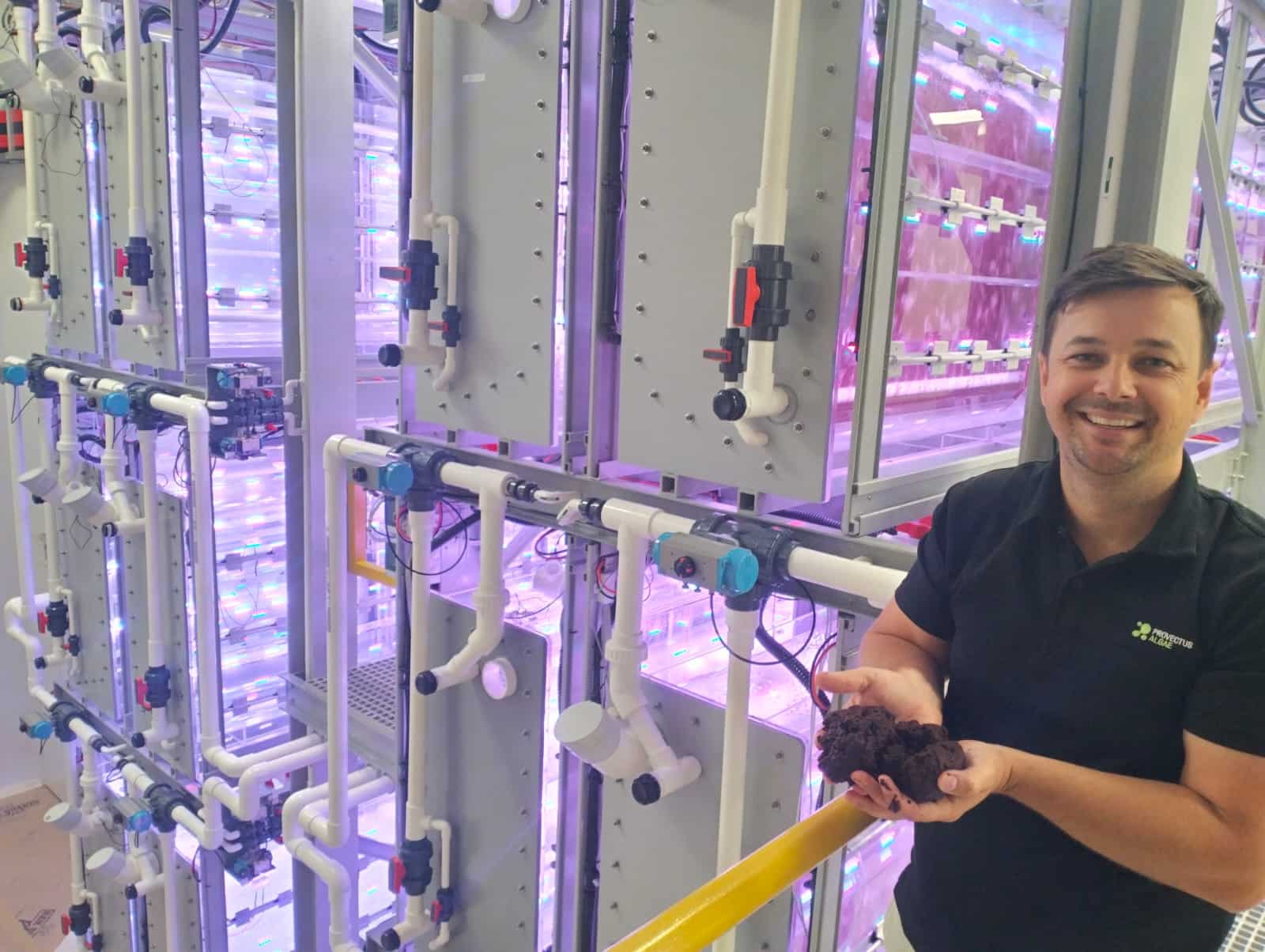Key Takeaways
- Provectus Algae moves into livestock methane reduction with a 30,000 L demonstration plant for producing Asparagopsis feed additives.
- Their unique photosynthetic bioproduction approach addresses a global methane issue and showcases sustainable biomanufacturing capabilities.
- The company’s Precision Photosynthesis™ technique can generate algae rapidly, maintaining bioactive compound consistency and bringing down production costs.
- Provectus Algae plans to expand its production capabilities with hopes to reduce enteric emissions by over 500,000 metric tons of CO2 equivalent annually.
- Backed by prominent sustainability advocates, the company aspires to revolutionize the feed industry, offering a cheaper and environmentally friendly alternative to synthetic feed.
As the world grapples with climate change, methane, a greenhouse gas far more potent than carbon dioxide, remains a significant concern. A major contributor to this is livestock methane emission. Enter Provectus Algae and its novel solution: Asparagopsis feed additives.
A Leap Towards Scalable Production
Having commissioned a 30,000 L demonstration plant in October, Provectus signifies a strategic shift from pilot-scale operations to full-scale Asparagopsis production. This move brings hope to the animal feed sector struggling with the commercial production of Asparagopsis. Traditional aquaculture systems often falter due to the algae’s slow growth rate and unpredictable bioactive compound concentrations.
Harnessing the power of Precision Photosynthesis™, Provectus boasts a technology stack that promises faster algae production with consistent bioactive compounds. This innovation can drastically reduce the cost of goods, paving the way for a more sustainable and affordable solution in the methane reduction arena. “Without offering a viable product at a low cost per dose, it will be challenging for farmers to adopt,” remarks Nusqe Spanton, founder and CEO of Provectus Algae. But with their new approach, production costs can plummet to less than 50 cents per dose.
Global Reach and Sustainable Impact
What makes Provectus Algae’s approach even more groundbreaking is its versatility. Their scalable, modular, closed production system means Asparagopsis can be cultivated globally. By producing near the farms, the system promises reduced shipping costs, a smaller carbon footprint, and minimized efficacy loss during transportation.
Coupled with substantial support from sustainability giants like Hitachi Ventures and CJ Cheiljedang, Provectus’s vision is crystal clear. Transitioning from its ten kL pilot operation to a 30 kL demonstration plant, the firm seeks to amplify its daily dose output to over 700, potentially eliminating over four metric tons of CO2 equivalent emissions daily. With plans to further augment its demonstration plant to 160 kL and initiate the construction of a grander facility in 2024, Provectus’s goal is set: to cater to over 250,000 animals by 2025.
Pete Bastien, Partner at Hitachi Ventures, champions Provectus’s mission, stating, “Provectus Algae’s Asaparagopis bioproduction approach is a major proof point in their photosynthetic bioprocess that can bring tangible impact to a global problem while transforming the sustainable biomanufacturing landscape.”
The Future of Biomanufacturing
With a unique blend of technology and sustainability, Provectus Algae is poised to redefine the horizons of biomanufacturing. Their holistic approach not only addresses a pressing environmental concern but also presents a viable, cost-effective solution for the livestock industry. Their mission reverberates with their commitment to create superior products sustainably.
Image provided by Provectus Algae



2 Comments